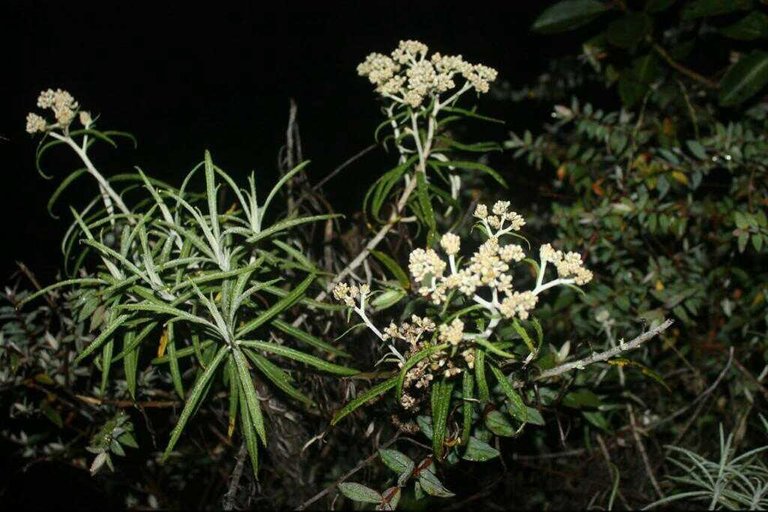
Edelweiss or perennial flower is actually a Leopathodium Alpinum flower found in the highlands of the Alps. This white flower is included in the Asteracea family (eg sunflower, daisy, daisies, etc.) and has no toxicity. In fact, local residents who live around the Alps take advantage of edelweis as a stomach and respiratory remedy.
In Indonesia itself, edelweis was first discovered by a German naturalist named Georg Carl Reinwardt in 1819 ago on the slopes of Mount Gede. It is said that the name edelweiss derived from the German language derived from the word edel (noble) and weiß (white). If translated in Indonesian means 'white flowers are very glorified'.
Edelweis flowers live in mountain forests or in volcanic soil. Amazingly, edelweis can still grow on barren land. This is because, edelweis can form mycorrhizal which effectively increases the efficiency in finding nutrients.
This eternal flower is indeed glorified. The glory of white flowers is then used as a symbol or symbol of the eternity of love. Not only that, the beauty of this perennial flower is also able to be a magnet for the climbers to be the object of selfie photos. So beautiful, not a few mountain climbers who took him home.